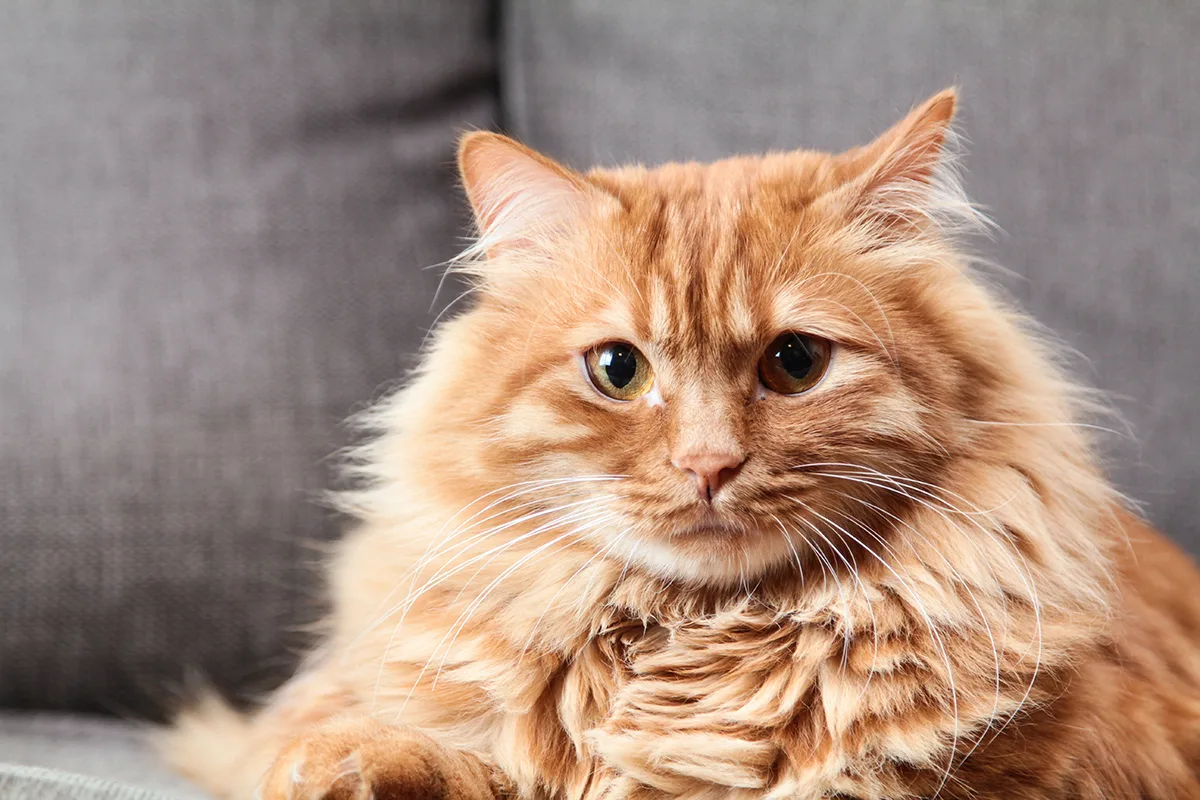
Urinary tract health in pets is a common reason for pet owners to take their dog or cat to visit the vet.
Poor urinary tract health in pets can be down to a number of reasons, including stress due to changes in a pets routine or environment. If you are worried about your pet’s health, it is best to contact your vet who can offer the best advice based on your pet’s age and breed.
Below are some ways to help manage health urinary tract health in pets
Water
Cats should be encouraged to consume more water and should be presented in a way that your cat prefers. The aim of increasing water intake is to produce more dilute urine, which will be less irritating.
Food
Wet food may be preferable to dry because of the increased water content. Consult your veterinary surgeon as to whether a diet change is appropriate, offer the new diet in an additional separate container to allow the cat to express its preference. Overweight cats are more prone.
Litter boxes
Litter boxes should be provided in several quiet, stress-free locations throughout the house, particularly in multi-cat households. There should be one litter tray per cat plus one. Litter should be non-scented and cleaned daily avoiding a strong disinfectant.
Reduce stress
The aim is to minimise stress so the indoor environment should include opportunities for scratching, climbing, hiding, and resting. If there is a local cat in the neighbourhood causing stress to your cat, try to prevent your cat gaining access to the aggressor.
Increase play
The aim is to reduce anxiety. Some cats prefer to be petted, whereas others may prefer playing with a variety of small toys.
Ask your vet about Nutracys+, which is recommended by vets throughout the UK and Ireland. Nutracys+ has been specifically formulated by vets to provide high strength, triple action support for healthy urinary tract function for cats and dogs with the added benefit of reducing stress and anxiety.
